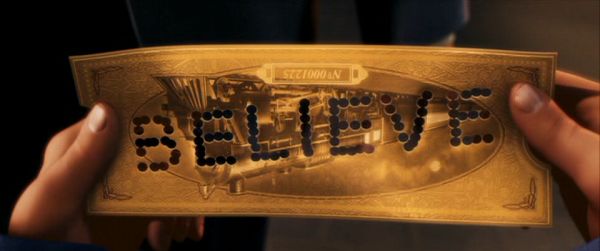The hobbyist writer creates for their own enjoyment and satisfaction. They write the story they feel driven to tell and will sometimes share it with a few close friends and family. Most professional writers start at this point. However, if you want to make a living from your writing, you must take the commitment a step further and start a small business. This means dealing with contracts and finance, being involved in all stages of the production process and comporting oneself in a professional manner whenever in public. I know, I just sucked all the romance from being a professional writer. Honestly, I wish that someone had taken off my rose colored glasses and forced me to don the business hat long before I did. You see, only the writer-as-businessman point of view provides the tools and perspective to create a meaningful career.
Creating stories is both a profession and a trade; writers generate and exploit intellectual property. Therefore, starting a writing business must be approached with the same thoughtfulness regarding initial investment and training as one would give to starting any other commercial enterprise. Would you ever consider opening a bakery without first buying ovens and ingredients? No. Could an aspiring doctor be successful without any sort of medical training? Of course not. Why then, do people expect writing to be different? Typically, the first batch of money goes into whatever is going to generate revenue; it is why many small businesses start in someone’s garage or kitchen. In the case of writing, the money maker is the writer’s skills and public image.
First, the writer must have some physical means of recording their thoughts in a way that can be transmitted to others. The specifics vary for each individual, based on their own experience and preferences. Some prefer direct entry into a laptop, while others prefer to write in a notebook, and yet others, like myself, prefer to dictate. I’d recommend experimenting with a few methods and then using what works for you. For many years, I only typed my stories out manually, but eventually bought Dragon Naturally Speaking. The text-to-speech feature helped a great deal with my editing, but dictating in front of my computer resulted in only a slight improvement in my rate of text generation. The problem was that I still spent too much time editing to realize the true benefits of dictation. I later took the advice of a writer I greatly respect and purchased a digital recorder to do my initial drafting. After training Dragon to do the transcription, my initial productivity has jumped significantly. By experimenting with my methodology, I was able to see significant gains.
The second thing the writer must invest in is their skills and craft. Sure, there are countless seminars, craft books, and online tutorials that promise to make you an international best seller, for a price. There are also excellent degree programs and teachers willing to pass on knowledge. They all help, but no amount of studying will allow a writer to entirely bypass years of practice. Investing in one’s craft means being brutally honest with yourself or having people who are willing to dispel your delusions for you. It means being able to think and consume critically about every piece of media you interact with on a daily basis. It means forcing yourself to write new material and edit old manuscripts until they are the best they can be, and then having the courage to let go of a piece and show your work to others. At some point, you will be disillusioned and despairing; internal and external voices will insist that you are wasting your time. That is the moment that you should know that what you are doing is meaningful. A writer’s craft can only be improved by investing and risking their time, pride, and effort. Without struggle and pain, there is no improvement, only stagnation.
The final element a writer must be willing to invest in is their persona. Readers will often become a fan of an author rather than a specific property, allowing the creative professional to maintain an audience from project to project. This realization has caused many contemporary authors to spend as much time on their own personal branding and networking as they do on an individual story. As an example, soon after donning my business hat, I hired someone to do both my graphics and web design for NathanBarra.com. I realized that I had no talent there and so hired out. I have invested time in maintaining my presence on NathanBarra.com, here on the Fictorians and on my Facebook page. All these things take time away from writing my stories, but the investments have paid off through the networks of professionals and support structures I have built. Likewise, I have spent thousands of dollars on conventions, and have even gone so far as purchasing a specific set of clothes that I wear when making professional appearances. By creating a “look,” I have made myself clearly identifiable and memorable in a way that fits with my other branding efforts. It is time and money up front, but I’m gambling that the investments will pay off later.
I have many things demanding my physical, mental, and temporal resources. Whenever I make an investment as the writer, it is with a clear goal in mind. Though I am still in the investment stage, I always am looking forward. I will be a professional writer some day, making my sole living through my art. It took a series of small hints from a number of different sources to guide me onto the path of professionalism. In order to build a successful business, I must invest wisely and with purpose.

